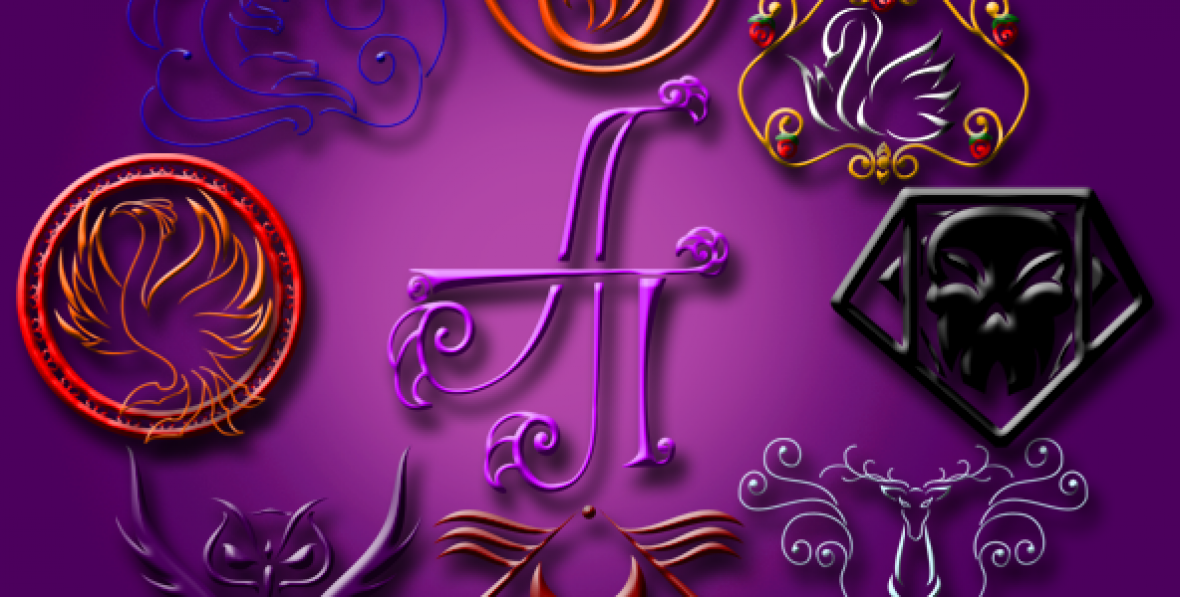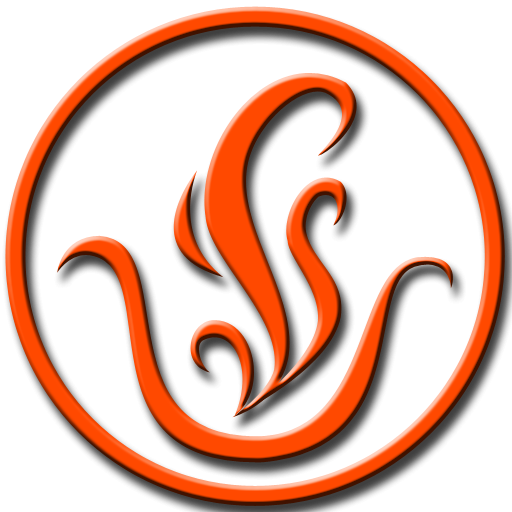
Before Writing Part 1: World Creating
Before Writing Part 2: Creating Races
Before Writing Part 3: Creating Characters
Before Writing Part 4: Who Is Your Character
Now before writing your story there is something that needs to be answered, who is this book for? Who will be reading this book? Can everyone read your book? The answer is, it depends on you and your story.
There are many types of readers out there from Children to Adults and then each age group has their preffered genre from Fiction to Non-Fiction.
Types of Readers:
— Age:
- Children
- Middlegrade
- Young Adult
- New Adult
- Adult
Genre:
— Fiction:
- Classic Fiction: Fiction that has become part of an accepted literary canon, widely taught in schools.
- Comics/Graphic Novel: Comic magazine or book based on a sequence of pictures (often hand drawn) and few words.
- Crime/Detective Fiction: Fiction about a crime, how the criminal gets caught, and the repercussions of the crime.
- Fable: Legendary, supernatural tale demonstrating a useful truth.
- Fairy Tale: Story about fairies or other magical creatures.
- Fan Fiction: Fiction written by a fan of, and featuring characters from, a particular TV series, movie, or book.
- Fantasy: Fiction with subplot(s), theme(s), major and minor characters, in which the narrative is presented in verse form (usually free verse).
- Folklore: The songs, stories, myths, and proverbs of a people or “folk” as handed down by word of mouth.
- Historical Fiction: Story with fictional characters and events in an historical setting.
- Horror: Fiction in which events evoke a feeling of dread and sometimes fear in both the characters and the reader.
- Humor: Usually a fiction full of fun, fancy, and excitement, meant to entertain and sometimes cause intended laughter; but can be contained in all genres.
- Legend: Story, sometimes of a national or folk hero, that has a basis in fact but also includes imaginative material.
- Magical Realism: Story where magical or unreal elements play a natural part in an otherwise realistic environment.
- Meta Fiction/Romantic Irony: Uses self-reference to draw attention to itself as a work of art while exposing the “truth” of a story.
- Mystery: Fiction dealing with the solution of a crime or the revealing of secrets.
- Mythology: Legend or traditional narrative, often based in part on historical events, that reveals human behavior and natural phenomena by its symbolism; often pertaining to the actions of the gods.
- Mythopoeia: Fiction in which characters from religious mythology, traditional myths, folklore and/or history are recast into a re-imagined realm created by the author.
- Picture Book: Picture storybook is a book with very little words and a lot of pictures; picture stories are usually for children.
- Realistic Fiction: Story that is true to life.
- Science Fiction: Story based on the impact of actual, imagined, or potential science, often set in the future or on other planets.
- Short Story: Fiction of great brevity, usually supports no subplots.
- Suspense/Thriller: Fiction about harm about to befall a person or group and the attempts made to evade the harm.
- Tall Tale: Humorous story with blatant exaggerations, such as swaggering heroes who do the impossible with nonchalance.
- Western: Fiction set in the American Old West frontier and typically in the late eighteenth to late nineteenth century.
— Non-Fiction:
- Biography: Narrative of a person’s life; when the author is also the subject, this is an autobiography.
- Essay: A short literary composition that reflects the author’s outlook or point.
- Owner’s Manual/Instructional Manual/User’s Guide: An instructional book or booklet that is supplied with consumer products such as vehicles, home appliances, firearms, toys and computer peripherals.
- Journalism: Reporting on news and current events.
- Lab Report: A report of an experiment.
- Memoir: Factual story that focuses on a significant relationship between the writer and a person, place, or object; reads like a short novel.
- Narrative Non-Fiction/Personal Narrative: Factual information about a significant event presented in a format that tells a story.
- Reference Book: Such as a dictionary, thesaurus, encyclopedia, almanac, or atlas.
- Self-Help Book: Information with the intention of instructing readers on solving personal problems.
- Speech: Public address or discourse.
- Textbook: Authoritative and detailed factual description of a topic.
— Fiction Subgenre:
- Adventure
- – Epic
- – Imaginary Voyage
- – Lost World
- – Men’s Adventure
- – Milesian Tale
- – Picaresque Novel
- – Robinsonade
- – – Apocalyptic
- – Sea Story
- – Subterranean Fiction
- Brit Lit
- Children’s Literature
- – Young Adult Fiction
- – – Class S
- – – Light Novel
- Education Fiction
- – Campus Novel
- – – Campus Murder Mystery
- – School Story
- – Romance
- – Varsity Novel
- Erotic Fiction
- – Erotic Romance
- – Women’s Erotica
- Experimental Fiction
- – Antinovel
- – Ergodic Literature
- Graphic Novel
- Historical Fiction
- – Historical Romance
- – – Metahistorical Romance
- – Historical Whodunnit
- – Holocaust Novel
- – Plantation Tradition
- – Prehistoric Fiction
- – Regency Novel
- – – Regency Romance
- – Contradiction
- Literary Fiction
- Literary Nonsense
- Mathematical Fiction
- Metafiction
- Non-Fiction Novel
- – Bildungsroman
- – Biographical Novel
- – – Autobiographical Novel
- – – – Semi-Autobiographical Novel
- – – – – I Novel
- – Slave Narrative
- – – Contemporary Slave Narrative
- – – Neo-Slave Narrative
- Occupational Fiction
- – Hollywood Novel
- – Lab Lit
- – Legal Thriller
- – Medical Fiction
- – – Medical Romance
- – Musical Fiction
- – Sports Fiction
- Philosophical Fiction
- – Existentialist Fiction
- – Novel of Ideas
- – Philosophical Horror
- – Platonic Dialogue
- Political Fiction
- – Political Satire
- Pulp Fiction
- Quantum Fiction
- Religous Fiction
- – Christian Fiction
- – – Christian Science Fiction
- – – Contemporary Christian Fiction
- – Islamic Fiction
- – Jewish Fiction
- Saga
- – Family Saga
- Speculative Fiction
- – Fantasy
- – – Epic/High Fantasy
- – – Hard Fantasy
- – – Historical Fantasy
- – – – Prehistoric Fantasy
- – – – Medieval Fantasy
- – – – Wuxia
- – – Low Fantasy
- – – Urban Fantasy
- – – – Paranormal Fantasy
- – – Comic Fantasy
- – – Contemporary Fantasy
- – – Dark Fantasy
- – – Fantasy of Manners
- – – Heroic Fantasy
- – – Magic Realism
- – – Mythic
- – – Paranormal Fantasy
- – – Shenmo Fantasy
- – – Superhero Fantasy
- – – Sword and Sorcery
- Horror
- – – Body Horror
- – – – Splatterpunk
- – – Erotic
- – – Gothic Fiction
- – – – Southern Fiction
- – – Psychological
- – – Supernatural/Paranormal
- – – – Cosmic(Lovecraftian)
- – – – Ghost Story
- – – – Monster Literature
- – – – – Jiangshi Fiction
- – – – – Vampire Fiction
- – – – – Werewolf Fiction
- – – – Occult Detective
- Science Fiction
- – – Alien Invasion
- – – Post-Apocalyptic
- – – Cyberpunk Derivatives(Punk)
- – – – Cyberpunk
- – – – – Biopunk
- – – – – Nanopunk
- – – – – Postcyberpunk
- – – – Steampunk
- – – – – Atompunk
- – – – – Clockpunk
- – – – – Dieselpunk
- – – – Dystopian
- – – – Hard Science Fiction
- – – – Military Science Fiction
- – – – Parallel Universe(Alternative Universe)
- – – – – Alternative History
- – – – Scientific Romance
- – – – Soft Science Fiction
- – – – Space Opera
- Speculative Cross-Genre Fiction
- – Bizarro Fiction
- – Climate Fiction
- – Dying Earth
- – Science Fantasy
- – – Planetary Romance
- – – – Sword and Planet
- – – Slipstream
- – – Weird Fiction
- – – – New Weird
- Suspense Fiction
- – Crime Fiction
- – Detective Fiction
- – Gong’an Fiction
- – Mystery Fiction
- Thriller
- – Mystery Fiction
- – Legal Thriller
- – Medical Thriller
- – Political Thriller
- – – Spy Fiction
- – Psychological Thriller
- – Techno-Thriller
- Tragedy
- – Melodrama
- Urban Fiction
- Westerns
- Women’s Fiction
- – Class S
- – Femslash
- – Matron Literature
- – Romance Novel
- – Yaoi
- – Yuri
- Workplace Tell-All
- General Cross-Genre
- – Historical Romance
- – Juvenile Fantasy
- – LGBT Pulp Fiction
- – – Gay Male Pulp Fiction
- – – Lesbian Pulp Fiction
- – – Lesbian Erotica Fiction
- – Paranormal Romance
- – Romantic Fantasy
- – Tragicomedy
— Non-Fiction Subgenre:
- Autograph
- Biography
- – Memoir
- – – Autobiography
- – – – Autobiographical Novel
- – – – Spiritual Autobiography
- – – Bildungsroman
- – – Slave Narrative
- – – – Contemporary Slave Narrative
- – – – Neo-Slave Narrative
- Commentary
- Creative Nonfiction
- Critique
- – Cannonical Criticism
- – Form Criticism
- – Higher Criticism
- – Historical Criticism
- – Lower Criticism
- – Narrative Criticism
- – Postmodern Criticism
- – Psychological Criticism
- – Redaction Criticism
- – Rhetorical Criticism
- – Socio-Scientific Criticism
- – Source Criticism
- – Textual Criticism
- Cult Literature
- Diaries and Journals
- Didactic
- – Dialectic
- – Rabbinic
- – Aporetic
- – Elenctic
- Erotic Literature
- Essay/Treatise
- History
- – Academic History
- – Genealogy
- – Narrative
- – People’s History
- – Popular History
- – Official History
- – Narrative History
- – Whig History
- Lament
- Law
- – Ceremonial
- – Family
- – Levitical
- – Moral
- – Natural
- – Royal Decree
- – Social
- Letter
- Manuscript
- Philosophy
- – Metaphysics
- Poetry
- Religious Text
- – Apocalyptic
- – Apologetics
- – Chant
- – Confession
- – Covenant
- – Creed
- – Epistle
- – – Pauline Epistle
- – – General Epistle
- – – Encyclical
- – Gospel
- – Homily
- – Koan
- – Lectionary
- – Liturgy
- – Mystiscism
- – Occult Literature
- – Prayer
- – Philosophy
- – – Philosophical Theology
- – – Philosophy of Religion
- – – Religious Epistemology
- – Prophecy
- – – Blessing/Curse
- – – Messianic Prophecy
- – – Divination
- – – Oracle
- – – – Woe Oracle
- – – Preditcions
- – – Vision
- – Revelation
- – – Natural Revelation
- – – Special Revelation
- – Scripture
- – – Buddhist Texts
- – – – Lotus Sutra
- – – – Tripitaka
- – – Christian Literature
- – – – Apocrypha
- – – – Encyclical
- – – – New Testament
- – – – Old Testament
- – – – Patristic
- – – – – Anti-Nicene
- – – – – Post Nicene
- – – – Psalms
- – – – – Imprecatory Psalm
- – – – Pseudepigrapha
- – – Hindu Literature
- – – – Bhagavad Gita
- – – – Vedas
- – – Islamic literature
- – – – Haddith
- – – – Quran
- – – Jewish Literature
- – – – Hebrew Poetry
- – Song
- – – Dirge
- – – Hymn
- – Sutra
- – Theology
- – – Apologetics
- – – Biblical Theology
- – – Cosmology
- – – Christology
- – – Ecclesiology
- – – Eschatology
- – – Hamartiology
- – – Pneumatology
- – – Mariology
- – – Natural Theology
- – – Soteriology
- – – Theology Proper
- – Wisdom Literature
- Scientific Writing
- Testament
- True Crime
Now as you can see their are A LOT of Genres and Subgenres for reading and writing. Think of your story carefully, look up what each of these genres mean and what they stand for and see if that is where your story fits. I believe a few more genres were created in the past couple of years such as Fae stories but I have not read one so I am not sure exactly what they contain.
To be honest you can’t just write a book and expect everyone to read it especially when there is a specific genre involved with your story. I have noticed that there are authors out there that purposely put the wrong genre on their books because they don’t like the genres their books belong to. For example you wrote a story that has Romance and Crime Fiction in the obvious forefront of your story but you refuse to see it and say it is Supernatural Fiction instead even though there is nothing supernatural related in your story. Not only are you stubborn in what your story actually belongs to but you are also lying to readers in what your story contains. Now you could say, well they could just read the synopsis of the book to see what it contains. There is another problem, it is surprisingly easy to make your synopsis sound like something else, not to mention your book is found in a section you think your story belongs to. Own up to what your story really is, if everyone is seeing it as a different genre then go back and look at your story again, read other books in the genre you want your story to be in and see what it is missing.
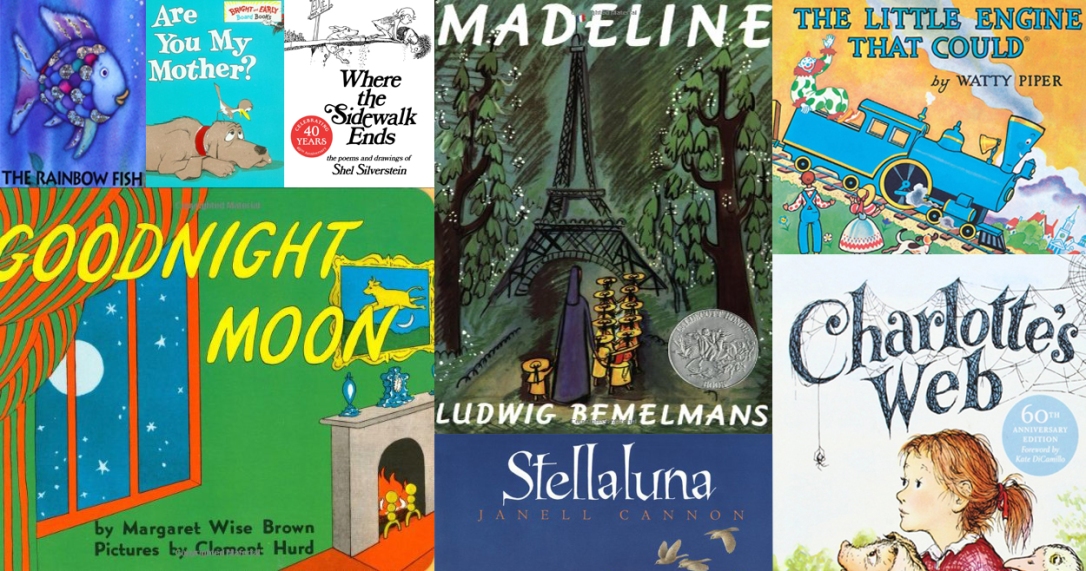
Next is determining who is capable of reading your book. Now Children are very young and normally fall under 7 years of age. Simple or even small words should be enough for them along with a story they can understand. It can be a story to help teach them like simple education, life that is relatable to them and to help them understand and help them cope at such a young age, and the usual good versus evil stories or just fun little adventures.
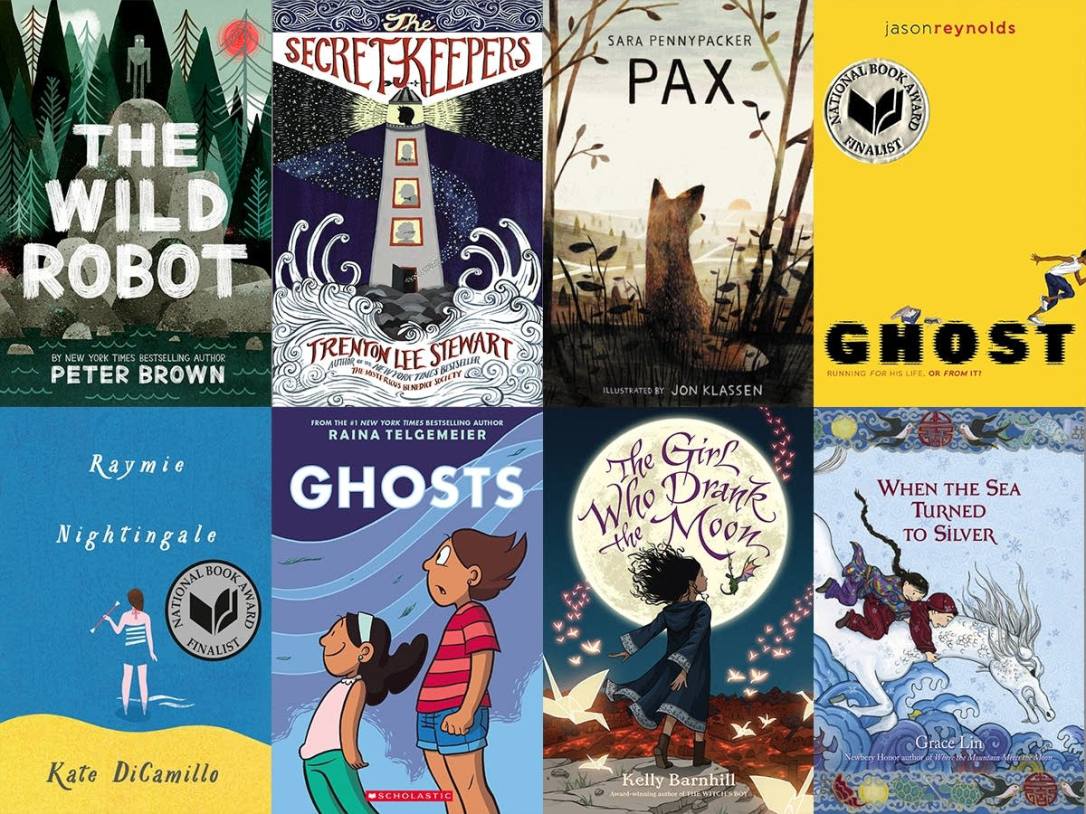
Middlegrade is for much older children that normally fall between 8 and 13 years of age. Small words are no longer necessary but you are free to continue using simple words but do not insult their intelligence, now it is time to use a bit of a wider range of words. Stories begin to be much more relatable and complex, stories that help encourage them to try new things and to never give up trying. You can continue writing stories of the good versus evil approach but as I said, it is time to go a bit more complex with the characters. Just because is not a good enough reason anymore, especially for Middlegrade stories, you can try and write one but some of them will get bored with the story if that will be your only approach to writing a Middlegrade story.

Next up is Young Adult or YA readers, they normally fall between 14 and 18 years of age. Simple and small words are pretty much pointless, especially as some may only see these words as you insulting their intellience. Begin broadening the use of your words, characters, and story. Relatable and empowering stories is what these guys enjoy from what I have gathered so far but please becareful with how you tell your stories and characters as some may end up taking it as gospel for what the world could truly be. Don’t tell young girls to hate and distrust men, don’t tell young boys to beat and belittle people of another race nor gender unless it is to show those characters are in the wrong but if you won’t show that they will see it as maybe this is okay in society. Here in these stories you are also free to be a little racy if you want.
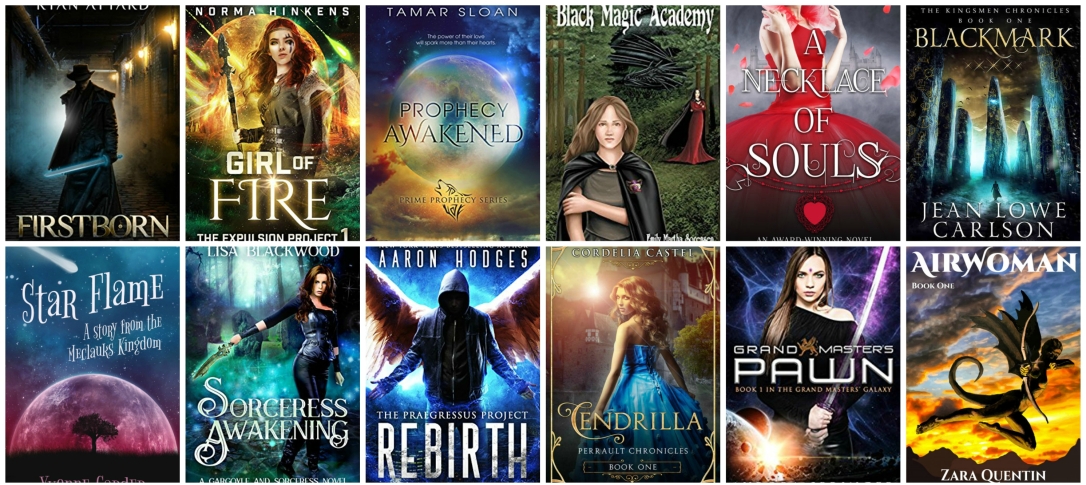
New Adult is something I heard of recently and from what I have gathered they fall between the ages of 19 and 26 years of age. Now as I’m sure you know where I am going with this, you are free to increaese and broaden yourself even further, even be racy with your story if you want. You can begin to tell a story to mean something or just tell a story to tell a story, the choice of what will be up to you.
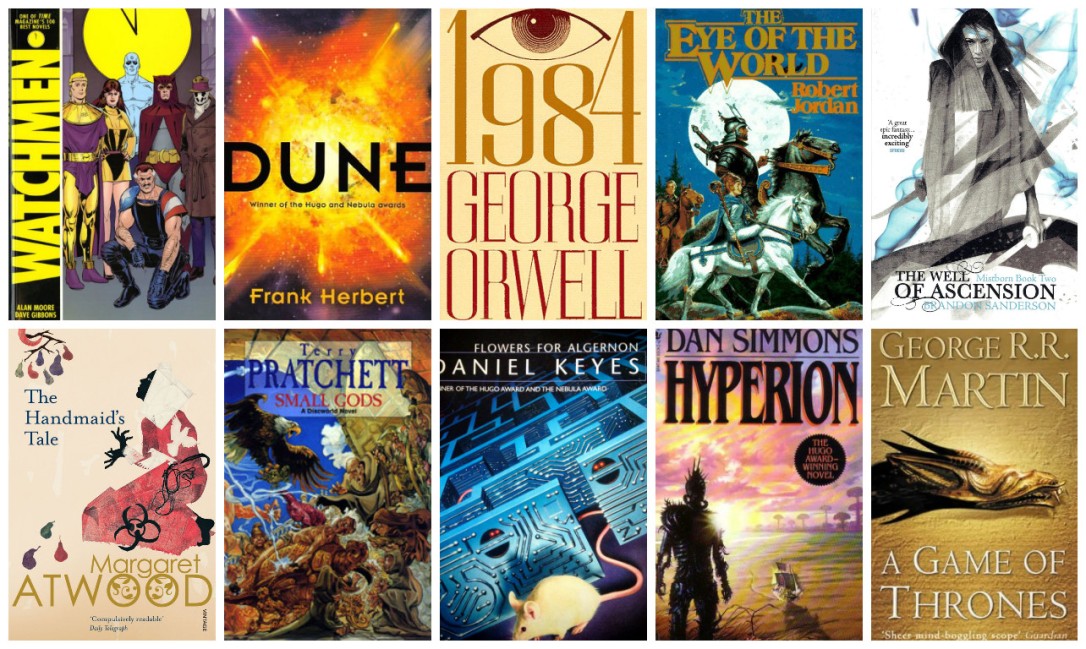
Lastly we have Adult which are readers older then 27 years of age. Here you have much more freedom in characters, writing, and story telling. These readers should be capable of handling a lot more than younger readers but still treat certain topics with care as lately some people are becoming easily offended with certain topics but the way how I see it, there are small warnings and reviews on books and if they choose to ignore it then it is on them, not you, but that is of course my opinion.
You have plenty of references out there to see what can come from each genre and reader type, some authors even go a bit more with what can go in a book, especially Middlegrade and Young Adult books as the authors believe that younger readers have more intellect to handle certain topics than readers before. Go ahead and write your story but you must understand what your story falls under, IT WIL NOT be done for you.
If you guys have any questions about what I just went over please feel free to ask. I hope you liked my little insight on types of readers, I honestly can’t wait to hear your opinions on this. Please stay tune for next Wednesday for another post. Thank you all so much for reading and please have a wonderful day.
